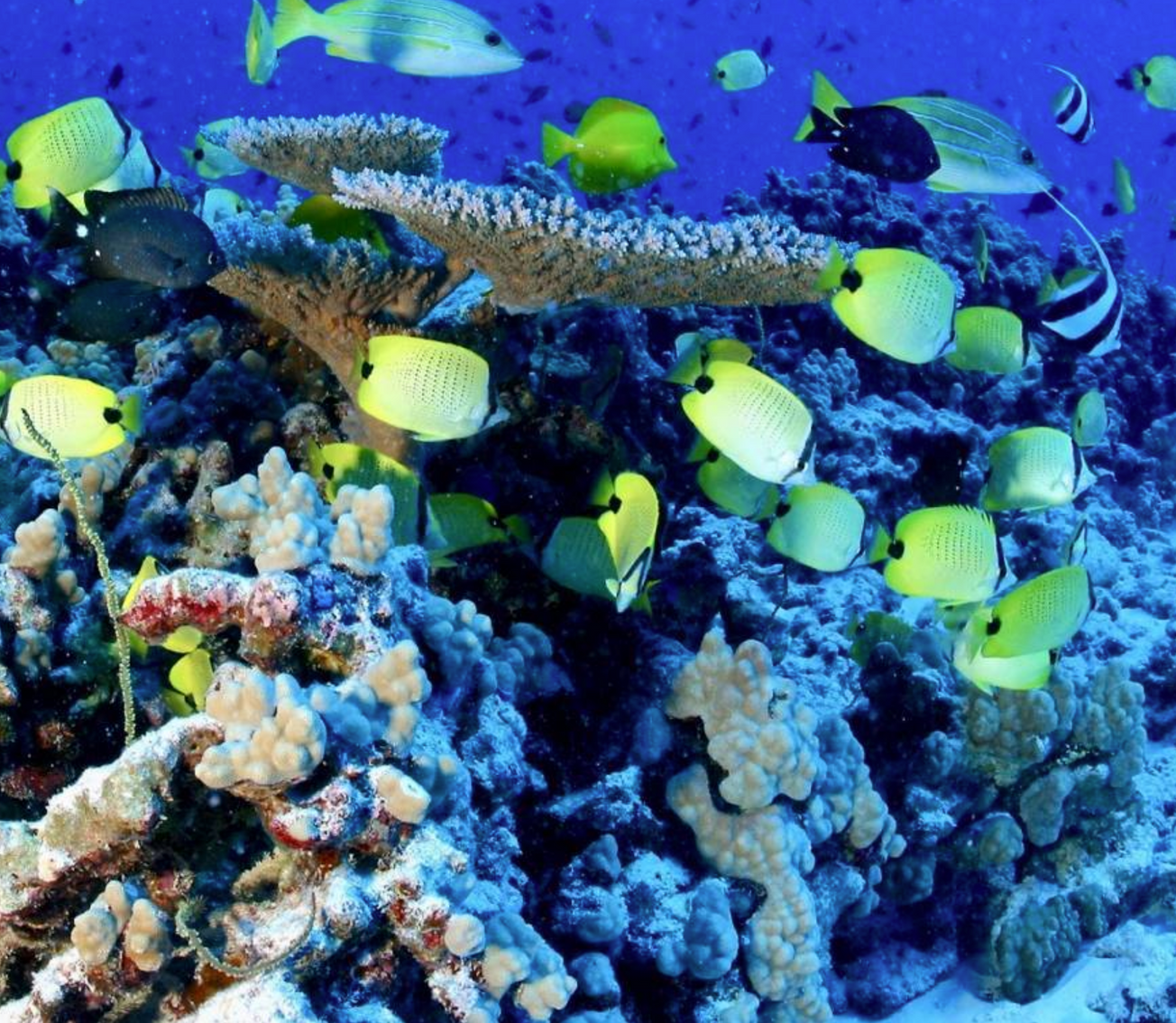Five nations announced a new alliance of government agencies and international organizations on Wednesday to promote more conservation of marine ecosystems in the fight against climate change.
The new alliance among Chile, Costa Rica, France, the United Kingdom and the United States focuses on spreading the use of Marine Protected Areas, or MPAs. These are managed to conserve economic resources, biodiversity and species by creating zones with permitted and non-permitted uses.









